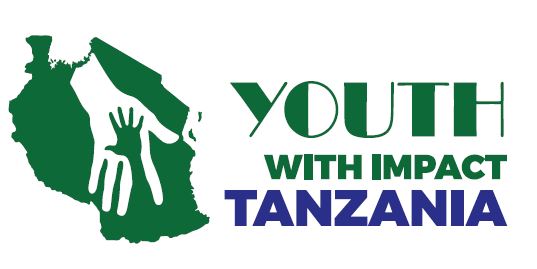
YWIT plays a crucial role in supporting youth to build 21st-century skills through a comprehensive plan that focuses on education, training, mentorship, and practical experience.
Assessment and Needs Identification
Conduct surveys, interviews, and assessments to identify the specific 21st-century skills gaps among youth in the target community. Analyze the findings to understand the most critical skills needed and prioritize areas for intervention.
Curriculum Development
Develop a curriculum tailored to the identified needs, integrating 21st-century skills such as critical thinking, problem-solving, digital literacy, communication, and entrepreneurship.
Ensure the curriculum is interactive, engaging, and includes practical exercises, real-life case studies, and hands-on projects.
Training Programs
Implement training programs that cover a wide range of 21st-century skills, delivered through workshops, seminars, online courses, and experiential learning activities.
Collaborate with educational institutions, industry experts, and NGOs to provide diverse training opportunities and resources.
Mentorship & COACHING
Pair youth participants with mentors who possess expertise in relevant fields and can provide guidance, support, and feedback on skill development.
Facilitate regular mentorship sessions, networking events, and peer-to-peer learning opportunities to foster collaboration and knowledge exchange
Internships & Apprenticeships
Establish partnerships with local businesses, startups, and organizations to offer internships and apprenticeships that allow youth to gain practical experience and apply their 21st-century skills in real-world settings.
Provide stipends, scholarships, or incentives to ensure access to these opportunities for youth from diverse socio-economic backgrounds.
Technology Integration
Integrate technology into training and learning activities to enhance digital literacy skills and expose youth to emerging technologies relevant to the 21st century.
Provide access to computers, software tools, and online resources for self-paced learning and skill development.
Soft Skills Development
Incorporate modules on soft skills such as leadership, teamwork, adaptability, emotional intelligence, and cultural competence into the curriculum.
Facilitate interactive workshops, role-playing exercises, and group discussions to enhance these interpersonal skills.
Monitoring & Evaluation
Establish key performance indicators (KPIs) to measure the effectiveness of the program in building 21st-century skills among youth.
Conduct regular assessments, surveys, and feedback sessions to monitor progress, identify challenges, and make continuous improvements.
Community Engagement & Outreach
Organize community events, awareness campaigns, and public forums to promote the importance of 21st-century skills and encourage youth participation in skill-building initiatives.
Collaborate with local stakeholders, government agencies, and educational institutions to advocate for policies and resources that support youth empowerment and skill development.
Sustainability & Scalability
Develop a sustainable funding model by diversifying revenue streams, securing grants, and cultivating partnerships with donors, corporate sponsors, and philanthropic organizations.
Document best practices, lessons learned, and success stories to share with other organizations and replicate the program in other communities.
By implementing this comprehensive plan, YWIT can effectively support youth in building 21st-century skills, empowering them to succeed in the ever-evolving global economy and become catalysts for positive change in their communities.
